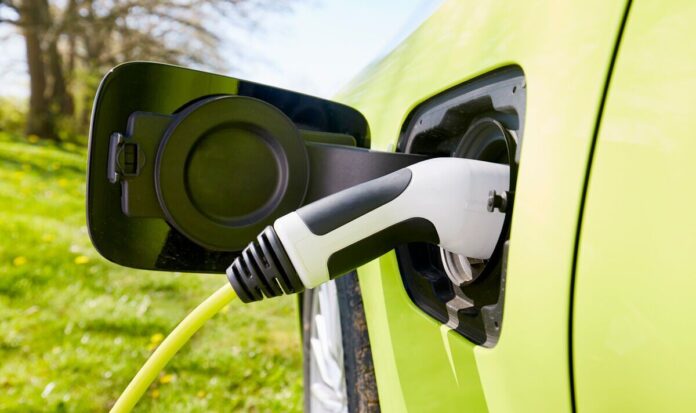British youngsters have turned their backs on electric cars with demand for petrol and diesel high amongst the most climate-conscious generation. New research from Young Driver revealed that the overwhelming majority of young people have opted for an internal combustion vehicle as their first car. The study found that 84 percent of first-time drivers would get a petrol car with 12 percent opting for a diesel engine. Meanwhile, a whopping 98 percent of youngsters’ first cars would be a second-hand model with 92 percent opting for a manual. Just four percent of those surveyed by the group said they would be getting an electric vehicle in a blow to campaigners. Electric cars have been snubbed by young drivers (Image: Getty) An ONS study revealed that 16-24 year olds were among the most concerned about the climate in the UK. Over 75 percent of those polls admitted they were “very worried” or “somewhat worried” about climate change. A recent YouGov poll commissioned by the Woodland Trust found that one in three young people in Britain were scared, sad or pessimistic about climate change with 28 percent ‘overwhelmed’. Seven out of 10 of those surveyed between 16-24 said they were worried about the effects of global warming. Another ONS poll showed that more than half of younger motorists would likely switch to an electric car in the next decade. Electric cars are still very expensive (Image: Getty) A whopping 52 percent of those between the ages of 16-29 said they were either “likely” or “very likely” to make the transition. However, the Young Driver data shows the harsh reality with the majority of youngsters ditching their beliefs for cheaper options. Just four percent of respondents claimed they would spend over £10,000 when asked how much they would pay for a first car. Meanwhile, seven percent said they were looking at vehicles under £1,000 to keep budgets down. Most of the cheapest new electric cars in Britain are still valued at over £20,000 with second-hand models between £5,000 and £10,000. Sue Waterfield, head of marketing at Young Driver said they wanted motorists to be as ‘well equipped’ as they can to drive on their own after passing their test. She explained: ‘It’s interesting to see such a high percentage of youngsters will have access to their own car when they pass their test. ‘Driving allows young people far more independence and opportunities when it comes to employment and education, especially in rural areas where public transport can be lacking.’


